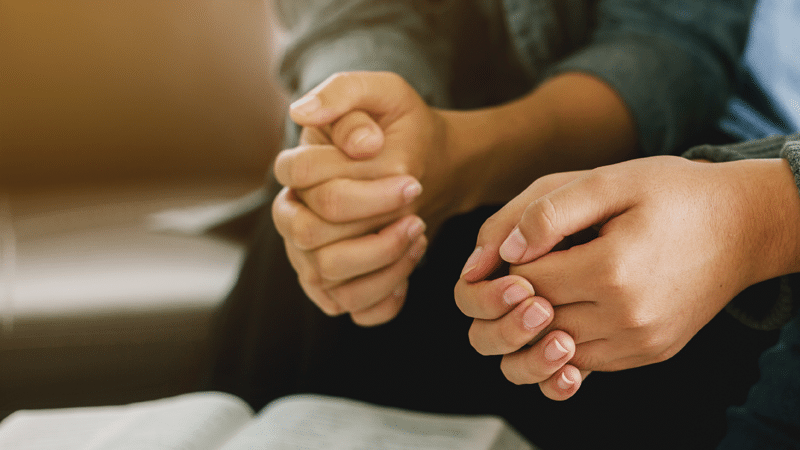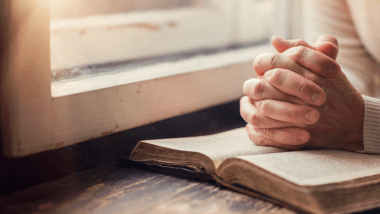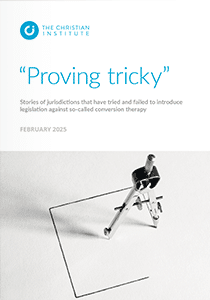The Scottish public has little appetite for banning so-called conversion therapy, an important new poll has shown.
In a survey of voters in Scotland conducted by Whitestone Insight, just five per cent of them regarded the controversial legislation as a priority, ranking it least important. It was also only a priority for five per cent of those who voted SNP at the last election.
The Christian Institute-commissioned survey asked 1,731 Scottish adults (weighted to 1,005) to select their top four priorities on a range of issues in a league table for the coming twelve months out of a list of 16 possible options.
Unwanted and unneeded
Welcoming the results, Simon Calvert, the Institute’s Deputy Director (Public Affairs) observed: “The new poll shows voters ranking a ban in last place in terms of priorities for the Scottish Government.
“Despite years of campaigning by activists, the public are not at all convinced of the need for an expansive conversion therapy ban.
“The fact is that gay and trans people are rightly already fully protected against verbal and physical abuse, so there is simply no need for a new law.”
1) Reducing NHS waiting Lists (68%)
2) Social housing (34%)
3) Social care (31%)
4) Energy security (30%)
5) Public finances (29%)
1) Conversion therapy ban (5%)
2) Rural development (6%)
3) Pupil attainment (8%)
‘Drop the Bill’
He continued: “The kind of ban being called for would be a radical and unwelcome new departure in Scottish law, allowing bureaucrats to tell Christians exactly how to pray.
“It would effectively make ‘misgendering’ an offence. And it would criminalise parents who try to prevent their children being prescribed puberty blockers.
“The Scottish Government has already delayed its plans for a Bill. They must read the room and drop the Bill altogether.
“They should focus on the big issues instead of being captured by activists with repressive agendas.”
Grim warning
The Scottish Government’s official advisory group on the issue encouraged Ministers to follow the Australian state of Victoria, where this approach is already in place.
Under Victoria’s ban “not affirming someone’s gender identity”, and parents refusing “to support their child’s request for medical treatment that will prevent physical changes from puberty” are deemed illegal practices.
Recent updates to guidance on the legislation also state that Christians can only pray with LGBT people in a way that affirms that everyone is “perfect as they are”. Prayers that “talk about a person’s brokenness or need to repent” are deemed harmful and likely to be illegal.
The Institute argues that such wording risks even criminalising the Lord’s Prayer, which asks God to “forgive us our sins” and “lead us not into temptation”.
Fundamental freedoms
The proposed legislation met with strong criticism from leading King’s Counsel Aidan O’Neill in 2022.
Mr O’Neill, whose legal opinion was commissioned by the CI, said the “fundamentally illiberal” proposals would criminalise parents and preachers and that they are “beyond the powers of the Scottish Parliament to legislate”.
The KC warned that the plans would contain measures which change the UK Equality Act.
In addition, he said the legislation would breach the European Convention on Human Rights – particularly those articles which protect private family life, the freedom of religion and expression, and the right to freedom of peaceful assembly and association with others.
Church leaders warn Scot Govt not to criminalise Christians for upholding marriage
Conversion therapy ban: RC bishops slam Scot Govt’s ‘ideological totalitarianism’
Scots report on conversion therapy ban ‘divorced from reality’



